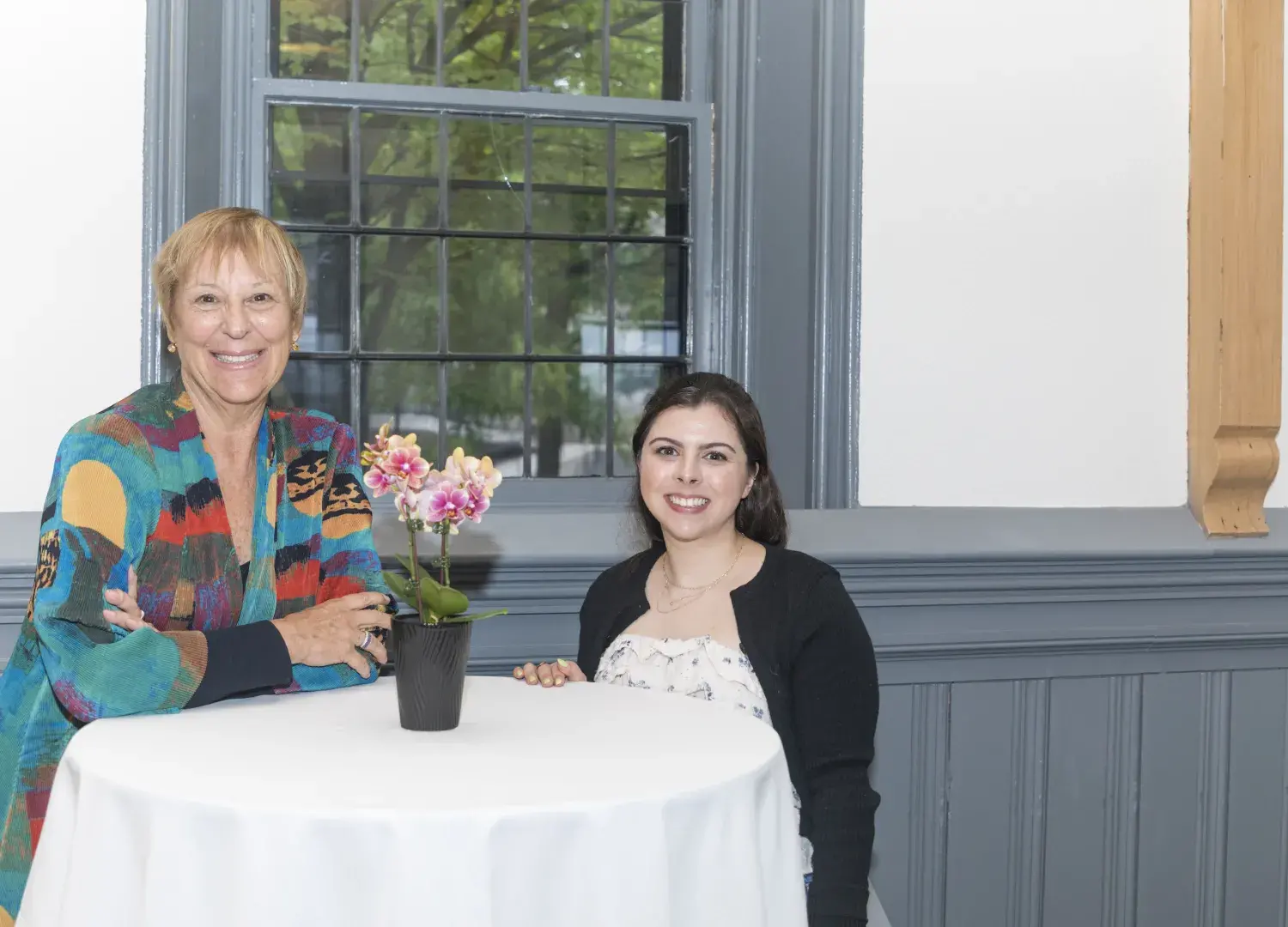Citing an “information literacy crisis,” Dr. Mary Ann Cappiello is among the educators urging the expansion of nonfiction texts in classrooms across the country.
She and her colleagues’ work — which has included asking the New York Times to add a children’s nonfiction category to bestseller lists — resulted in the National Council of Teachers of English (NCTE) issuing a position statement championing the issue. Dr. Cappiello co-chaired the position statement writing team this fall, which was composed of education professors, classroom teachers, and children’s nonfiction authors.
According to a Jan. 24 article in Publishers Weekly, Cappiello, Penn State University’s Xenia Hadjioannou, and Austin, Texas, classroom teacher Kari Johnston “noted an information literacy crisis that impacts understanding local and global issues:
“Children need to learn more about sources, information and research processes from an early age, and nonfiction books are an ideal teaching tool for supporting this learning in developmentally appropriate ways,” the educators told Publishers Weekly. The team, the publication adds, “also noted the relevance of nonfiction in a post-pandemic society where teachers can ‘engage students in meaningful inquiry and exploration of the world around them and their roles in it.’”

